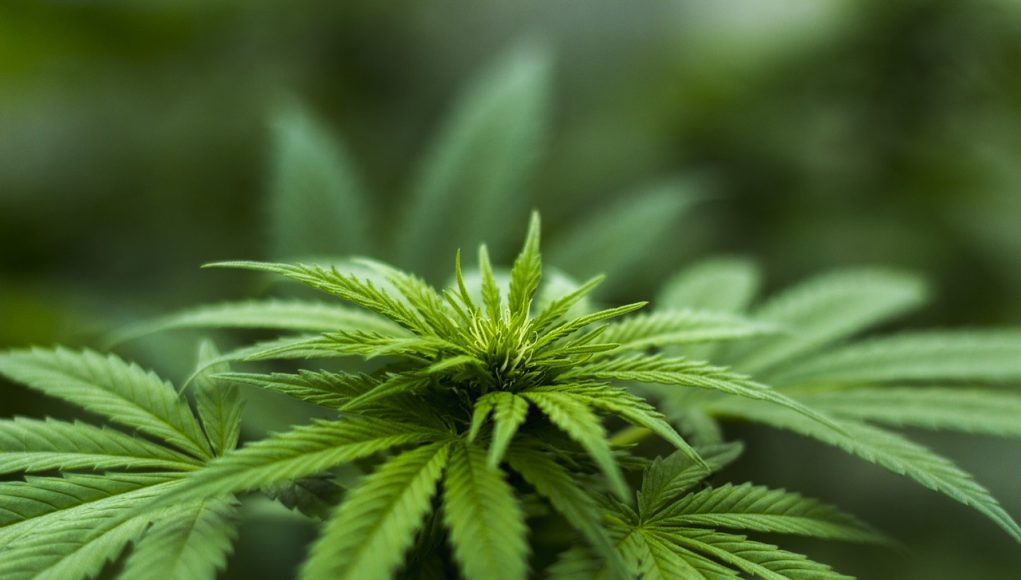Earlier this month, on the 23rd of November, South Korea revised its national drug policy, which now allows the import and distribution of a cannabis-based oil to help treat several ailments.
This action comes following a World Health Organization (WHO) report released last February, which confirmed what we already knew, that Cannabidiol (CBD) not only poses no health risks to humans and animals, but can also be used in the treatment of several health conditions, such as Cancer and Alzheimer’s disease.
However, last October, CBD-Intel, a research resource for the CBD industry market, explained that despite the WHO report, the legal status of CBD oil still “varies wildly across the globe,” and while in some countries it may be subject to strict regulations, in others it may be fully banned.
South Korea has strict regulations against recreational use
In fact, Korea’s revised law will only allow the import of cannabidiol (CBD). The oil despite derived from Cannabis, does not induce the physical dependence or altered states of consciousness associated with its consumption. On the contrary CBD was found to mitigate the effect of THC, which is the principal psychoactive component of cannabis, that induces the “high” feeling or anxiety in users.
CBD oil on prescription
The amendment to the Korea’s National Drug Control Law was introduced in January by Shin Chang-Hyun, a Democratic Party representative. “It is known that cannabis oil is a drug that has been proven to be effective against other drugs, such as narcotics,” said Shin at the time.
“The approval of imports of cannabis-composition medical products for self-treatment will strengthen the safety net for social minorities such as those with rare and incurable patients who cannot see treatment benefits if they don’t get treated in a certain time frame,” he added.
From now on, Koreans will be able to purchase CBD oil by obtaining a letter from their physician describing their condition and recommending the medicine. That letter must then be taken to the government-funded Korea Orphan Drug Center in Seoul for approval and distribution.
Read Further: Leafly








